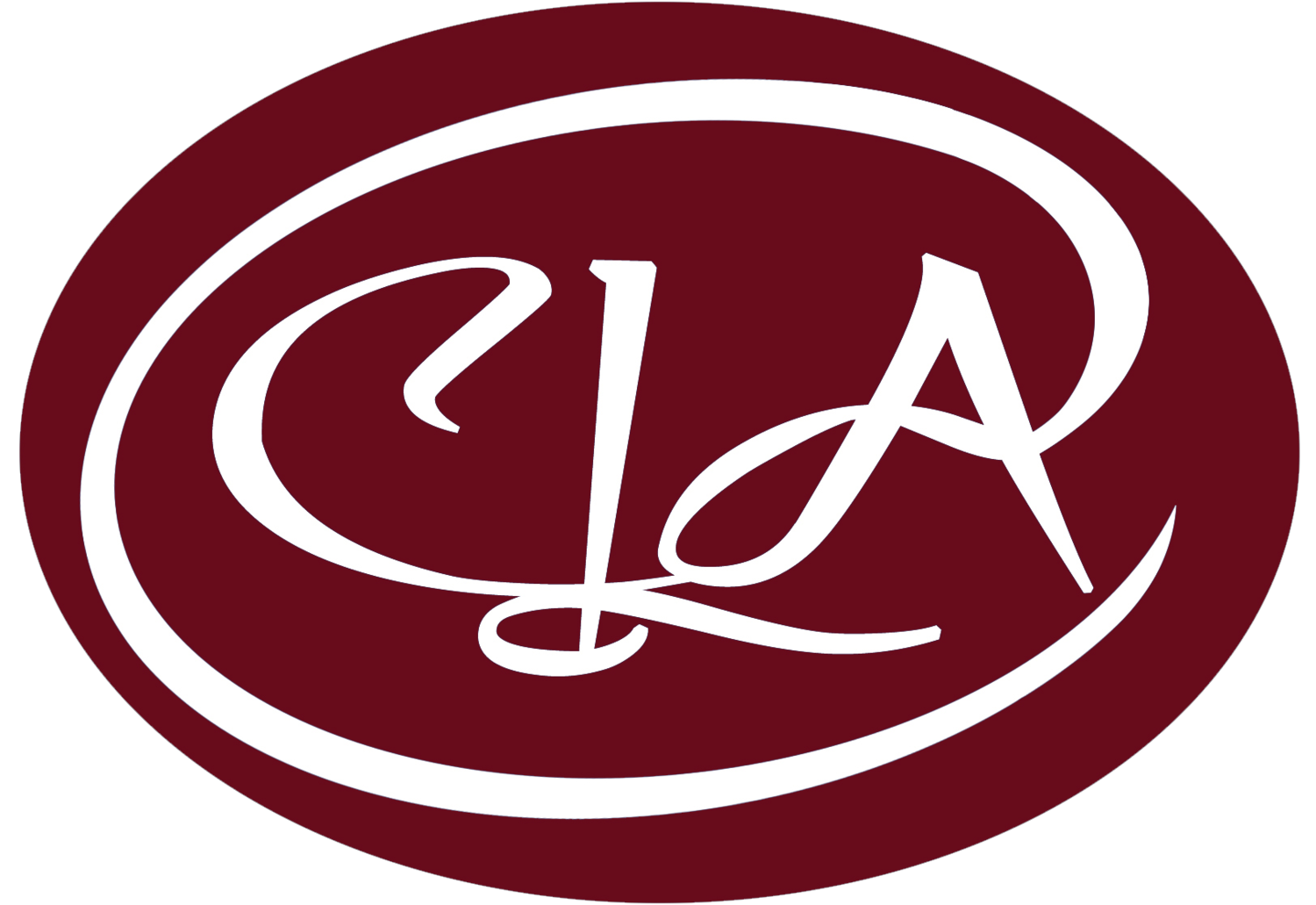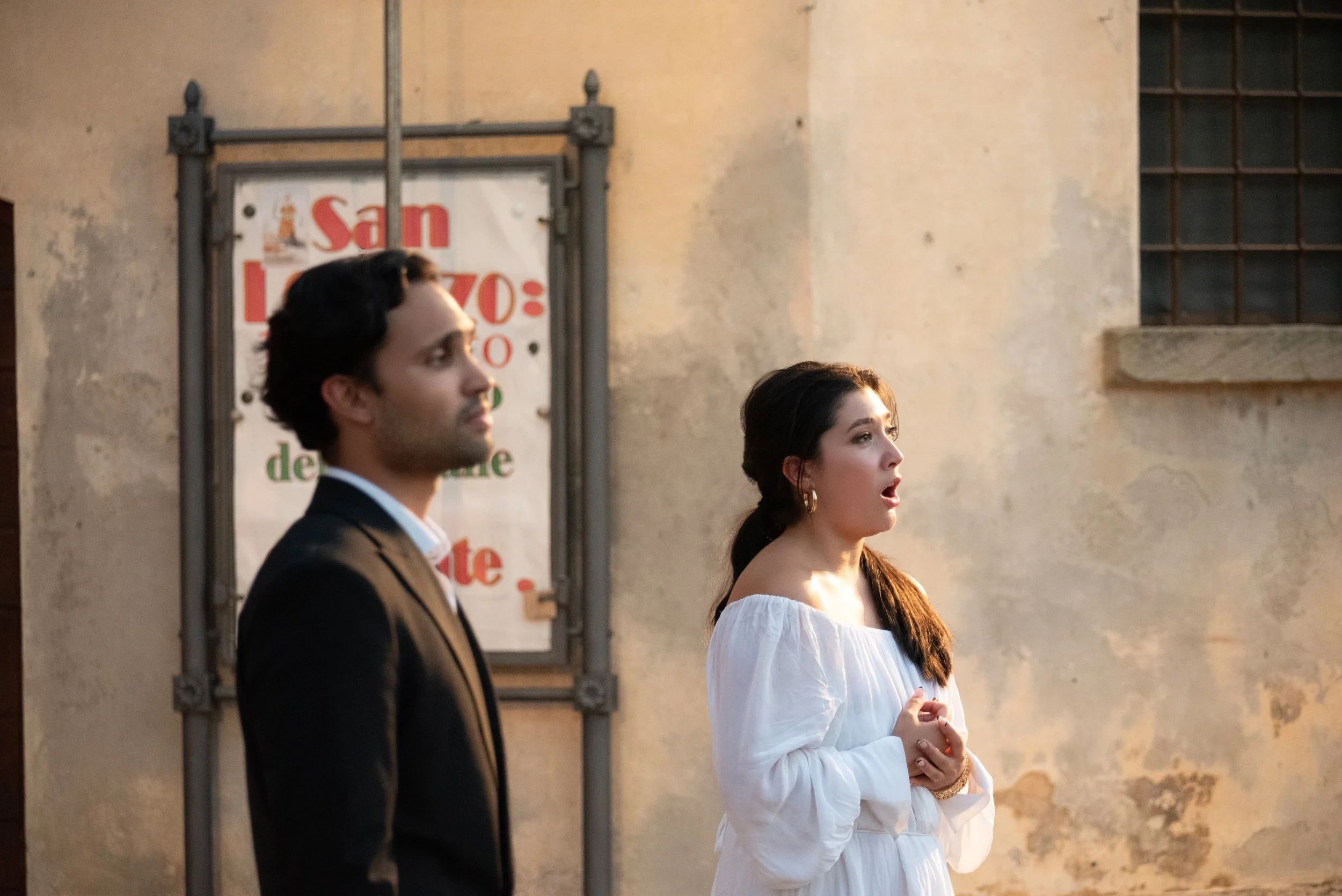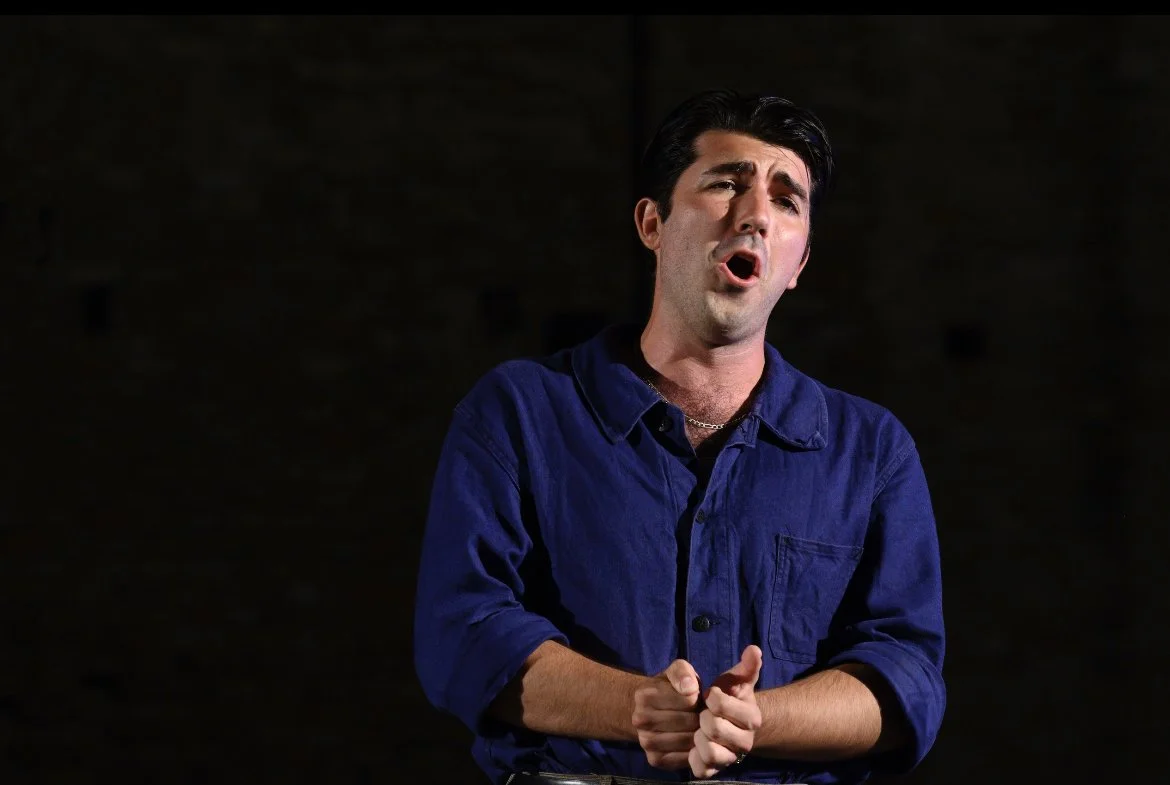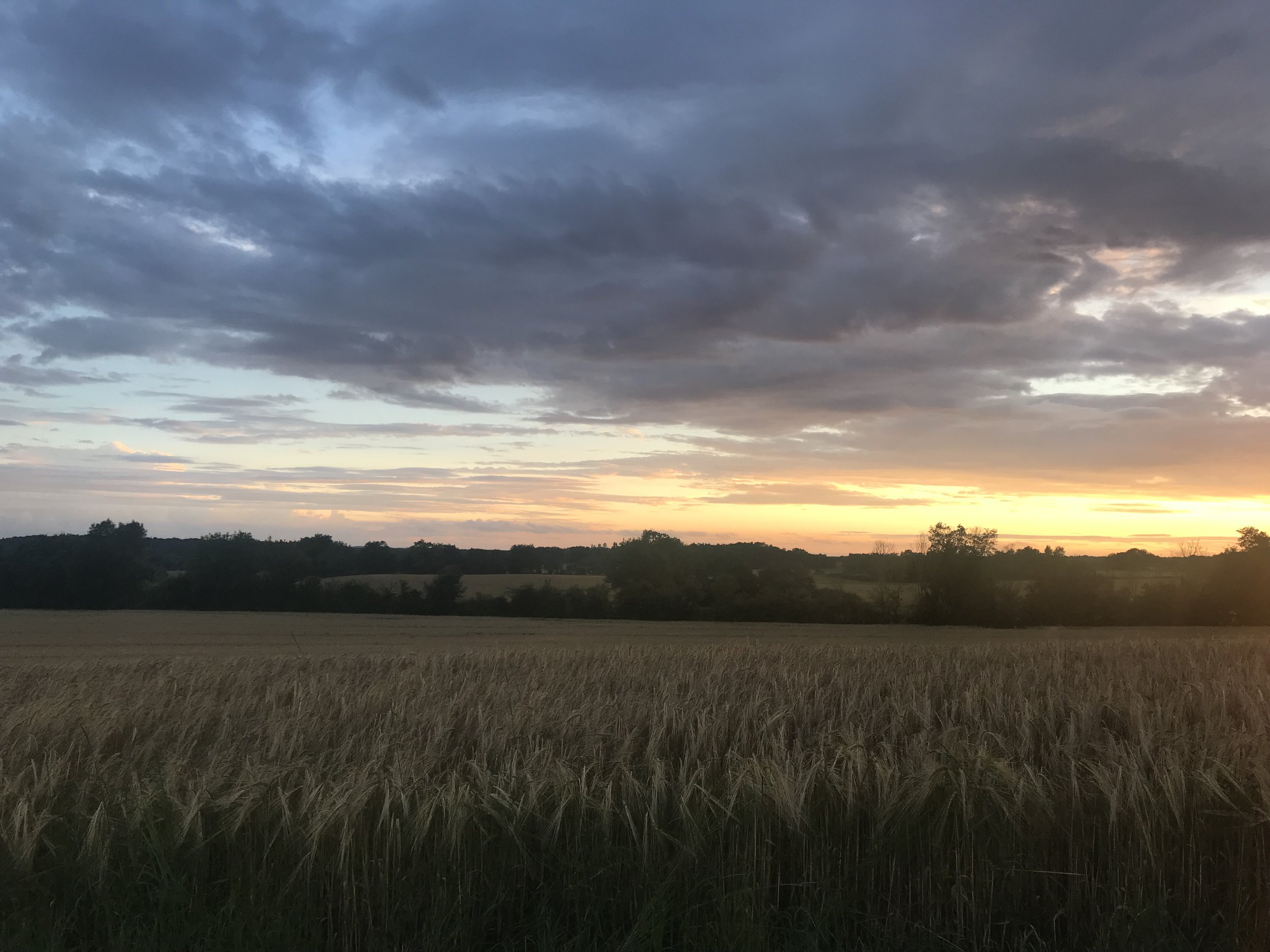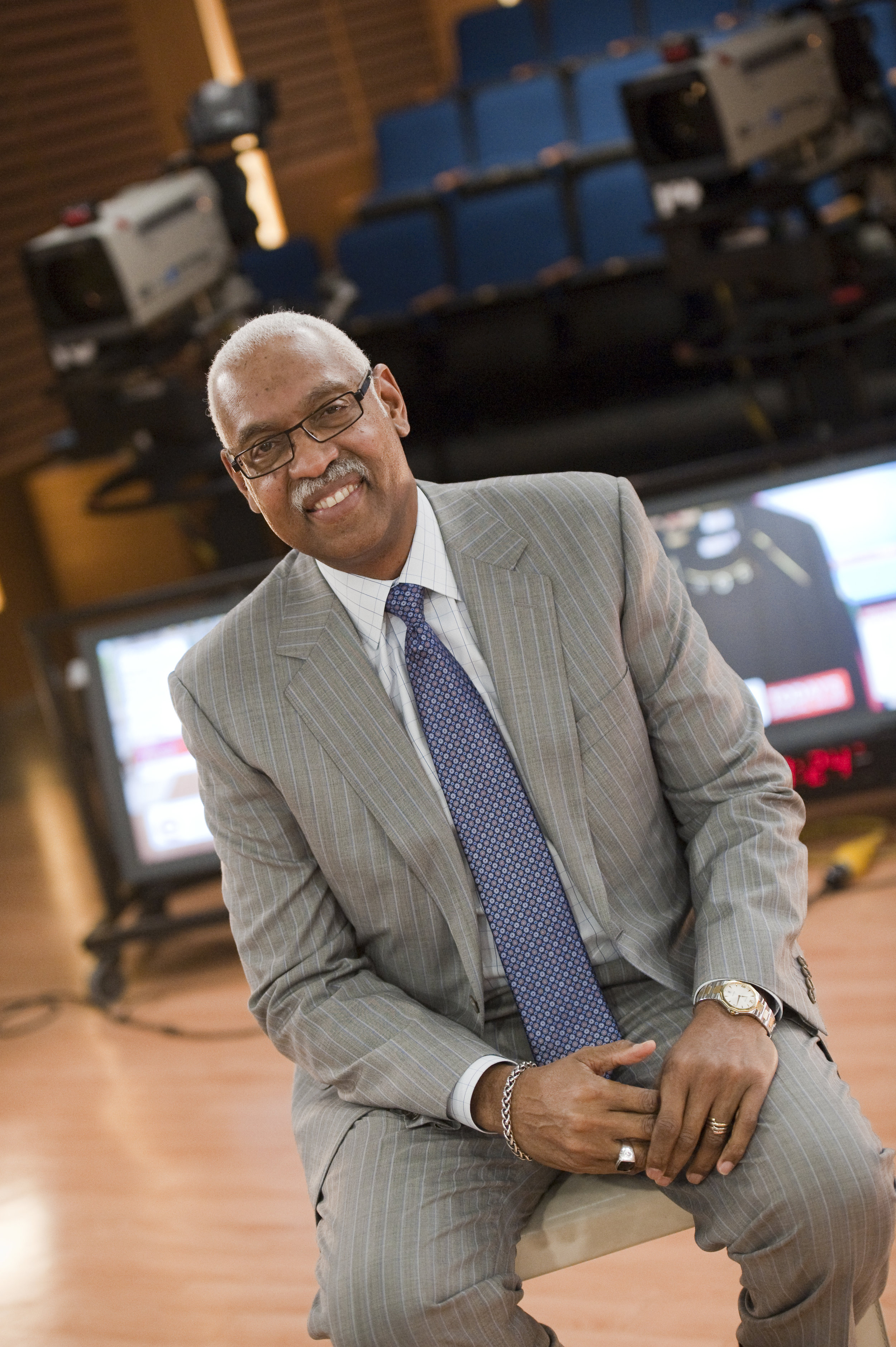Contributing Editor and CLA supporter Marshall Berland writes about the little known Boulanger Sisters of Belle Epoque France--Nadia, arguably the greatest composition teacher of the twentieth century, and her younger sister, the tragic Lili, who died at the age of 24 and yet left an impressive body of work still being discovered and appreciated today. Grab your coffee and head to Paris for the afternoon!
Testimonial: Briana Hunter
Testimonial: Briana Hunter – Mezzo-Soprano
CLA Alumna and mezzo-soprano Briana Elyse Hunter takes us with her on an inward journey reflecting on her experiences as a three-time participant of our training programs.
Recent credits include Carmen (Carmen), Mercédes (Carmen), Cendrillon (Cendrillon), Ida/Prince Orlofsky (Die Fledermaus), Laura (Iolanta), Rosa Gonzales (Summer and Smoke), and Sarah (Ragtime). She has worked under the direction of The Royal Shakespeare Company as both actress and vocal soloist in an original production For Every Passion Something that premiered at the Fringe Festival in Scotland. She was a 2014 recipient of the Lys Symonette award in the KWF's Lotte Lenya Competition. In 2016 she competed in the Mid-Atlantic Regionals of the Met Competition at the Kennedy Center. She has been on the rosters of Santa Fe Opera, Knoxville Opera, American Opera Projects, Opera in the Heights, I SING BEIJING, Sarasota Opera, El Paso Opera, and Music Academy of the West where she sang the title role of Carmen under the tutelage of the great Marilyn Horne. Ms. Hunter also serves as Artistic Director of Bare Opera In NYC.
"When I met Glenn, I was a student in his beginner Italian diction course. I had just graduated from a small liberal arts college famous for its rigorous academics, and I was ready to take on this new academic setting with the same headstrong, nose to the grindstone attitude. I was acing my IPA (International Phonetic Alphabet), and I had a natural knack for languages. However, I was not soaring above the rest. Good grades were not making my voice great. Seeing my frustration, Glenn approached me about a program he had started in Italy and said I would really profit from it (naturally, like most, I was in love with Glenn at this point and probably would have followed him anywhere). In our brief sessions in his class, I found I responded well to his style of coaching, so I wanted more of that, plus the wine and the food sounded like a good deal. I was great at school so I would be great at this.
So what does make a great singer? Lately, I’ve read a lot of articles citing the death of classical music in America, and the dearth of great dramatic voices–-basically what is lacking––but very few actually offer up a reason or any kind of solution. Tenor Michael Sylvester’s recent blog post really breaks that mold and, I think, is right on the money. He says:
'Today’s singers expect it to be fed to them. They think if they get good grades and do the work put forth for them in college, they will succeed. As a group they take little initiative to teach themselves. And if you want to be a real singer, you have to teach yourself. Listen to the great singers of the past and present. Understand their style. Empathize with their voices. Work at your languages, don’t just be prepared with your IPA. That’s merely a tool. When you study a piece of music, understand the text. Make it yours. Know its roots.'
He goes on to say:
'We... somehow believe that we can teach someone in an hour a week and make them great. If you look back you will find singers that went off to study with this or that great master and they speak of having a lesson every day, of singing only scales for a year, of long discussions with their teacher on the subtleties of music and singing. Music has long been a mentored craft. Teacher passing down to student, who in turn passes it down, and so forth. Modern life seems to thwart this kind of apprenticeship.'
This is exactly the service CLA provides. The opportunity to work closely with the masters on a daily basis in the birthplace of the music itself. The daily one-on-one grueling yet delicious work of understanding the style and the nuances of the language. Listening to Michel Sénéchal tell stories about singing at the Paris Opera with Montserrat Caballé and how she proposed to him twice, or hanging out with Poulenc. Hearing Ubaldo Fabbri’s infectious laughter and listening to the Italian language just dance around gloriously in his mouth. Listening to the recordings they recommend to you with a new attentiveness to their artistry and diction. Sitting in the garden or the piazza and contemplating what kind of artist you want to be, meditating, and asking yourself daily if this is something you really want and if you have what it takes to work for it. Listening to the recordings of your own lessons that day and figuring out what works for you. Also, realizing you are not the only one who struggles with all of these things, as you get to know your colleagues and watch them work and at times get frustrated. That’s where the wine and the food become crucial.
When Glenn said I would profit from that first experience which then turned into three (two in Italy and one in France), I doubt even he knew the magnitude of his contribution at the time. He sent me thousands of miles away on an inward journey. To an Italian village seemingly untouched by modern times to get to the heart of the art form, the essence of the language, and find how it speaks to you and what you can uniquely bring to it. Like the Cat in the Hat taught us, “There is no one alive who is youer than you!” Therefore so much of the journey must be inward, and that’s the most difficult road to take. CLA has been a huge part of my inward journey, and I am extremely grateful to Glenn and all of his colleagues who have accompanied me."
Sitting down with John Hunter, Chairman of the Board
Maria Miller, Development Coordinator for Classic Lyric Arts, Inc. sits down with John Hunter, Chairman of the Board, to discuss his CLA experience.
MM: How did you become involved with CLA?
JH: A few years back, Glenn Morton, the artistic director for CLA, asked me to attend a planning session in the home of one of our board members. I agreed based on the wonderful experience my daughter had at CLA. I thought it would be a good thing to lend my support and experience in strategic planning for the private sector.
MM: What has been most gratifying about being involved with this program?
JH: Indeed the most gratifying thing has been to watch CLA grow as an organization and influence the artists who attend our programs. When I see artists developing careers in opera who are able to discuss how their time in France or Italy changed the trajectory of their work, it’s really exciting. I think the focus on language and culture is an important differentiator for CLA. The native instructors who specialize in the understanding of certain composers and what their intent was for each word that is expressed is truly unique. More importantly, for the artist who has not been brought up in the countries where opera began, the opportunity to understand the culture and language at a deeper level is unique and invaluable.
MM: Any favorite moments?
JH: I’m always excited to hear the artists perform during the November CLA gala. Last year's gala, in particular, was very exciting because of the diversity of the group and the way in which the voices combined to present a deeply moving performance.
MM: Ten years have flown by. What’s ahead?
JH: I think we’ll provide CLA with a platform to increase its visibility in the USA with opera lovers and young artists. Increasing performance opportunities in the states and exposing others to CLA through master classes given by our wonderful instructors will be a couple of ways we’ll achieve this. We will put a strong emphasis on increasing our funding for deserving artists to attend the programs in Italy and France.
CLA Presents: Annual Fall Fundraising Gala 2017
It is a big year for CLA. First off, we are celebrating our 10th year of programs for CLA Italy, which began in Novafeltria in 2009. Read our artistic director's memoir of that year here. Our alumni of La lingua della lirica and L'art du chant français came together in November to sing ensembles and arias that they performed during their time in France and Italy. This year, we grabbed a live stream from the event. Check it out here:
LIVE Feed of the Annual Fall Fundraising Gala 2017
If you are moved by these performances, consider donating to CLA to provide program grants for all of our participants.
Until next year,
CLA Team
